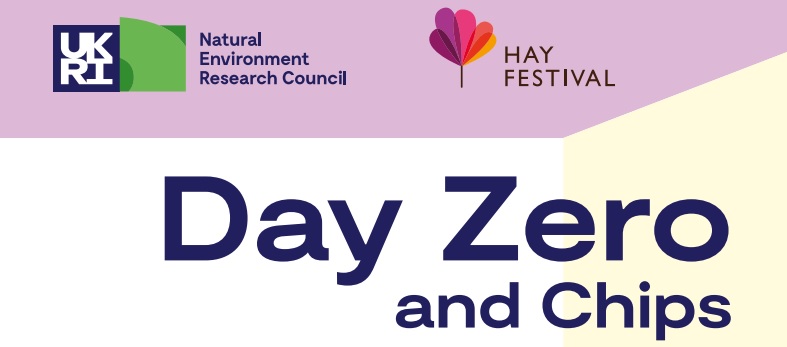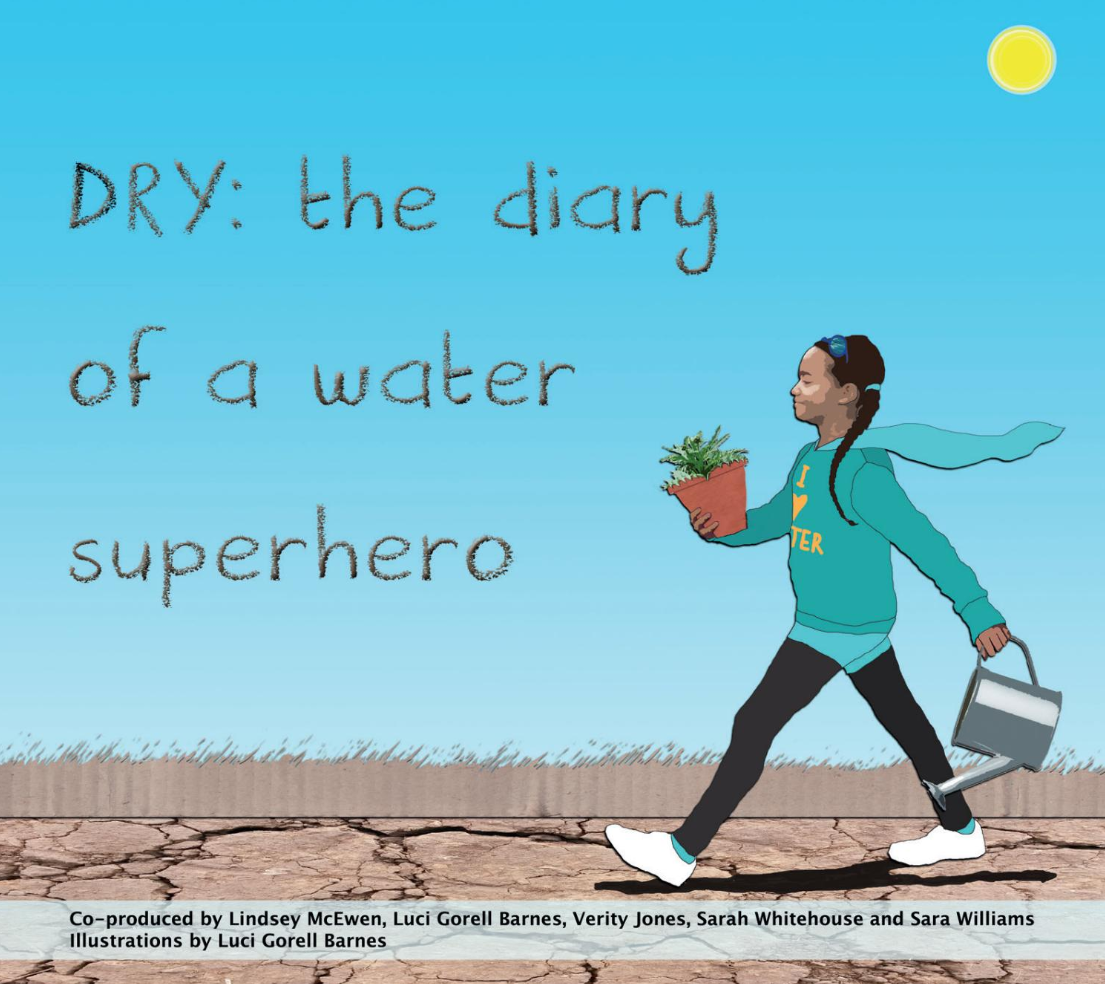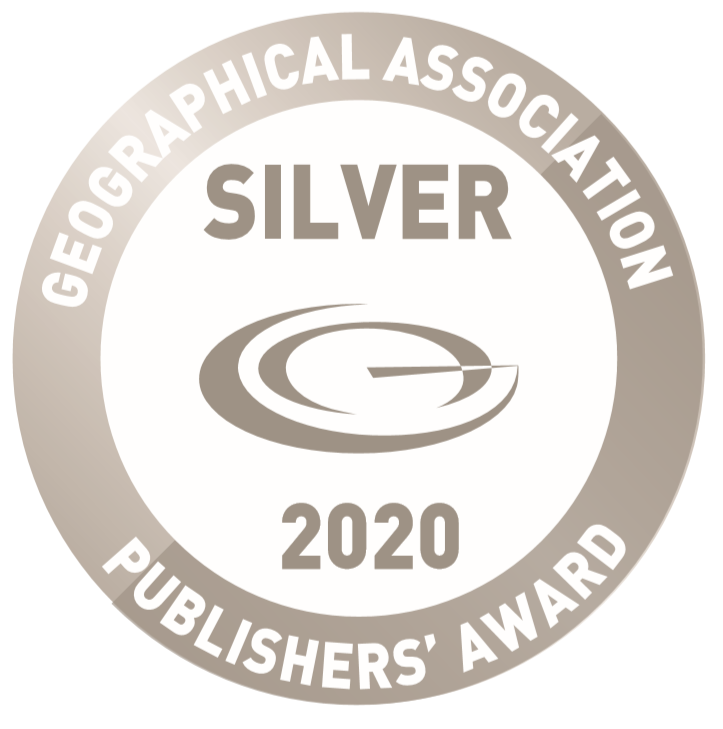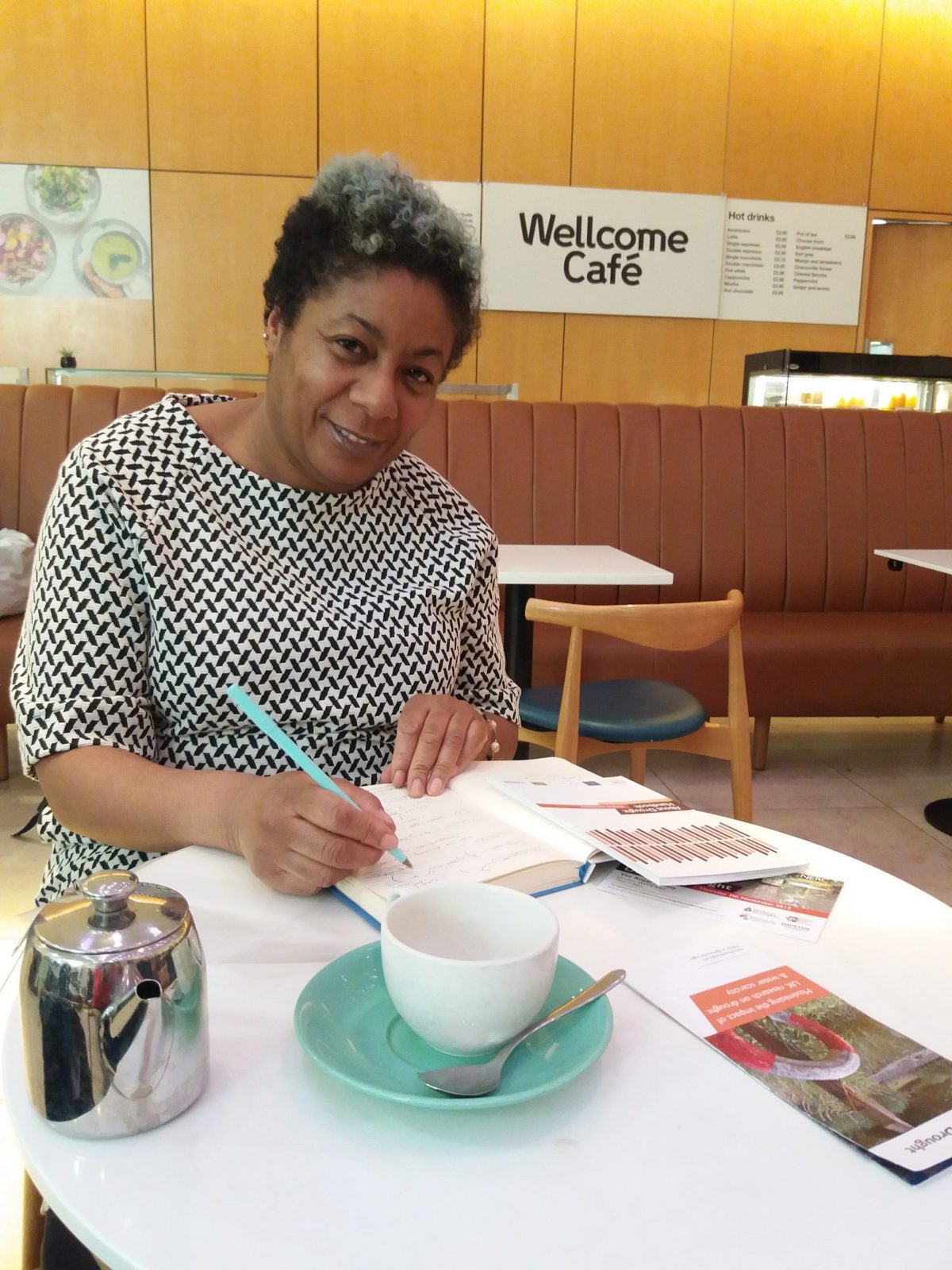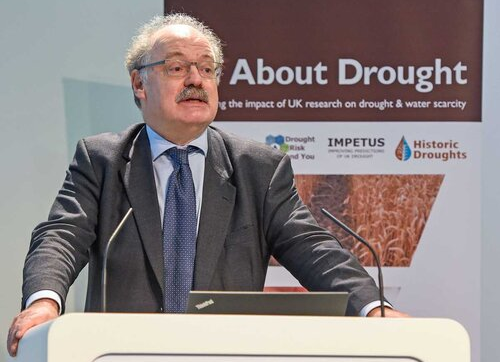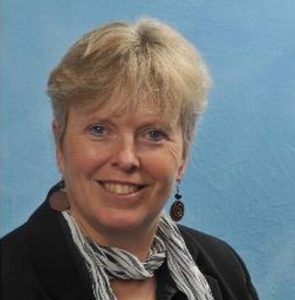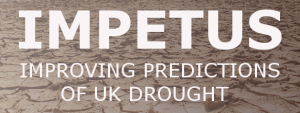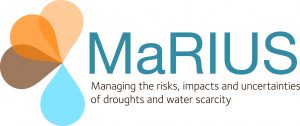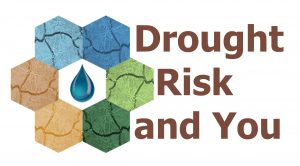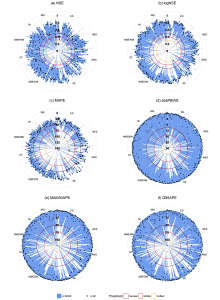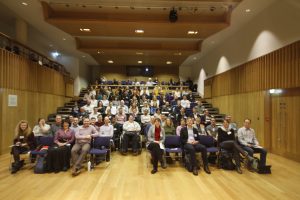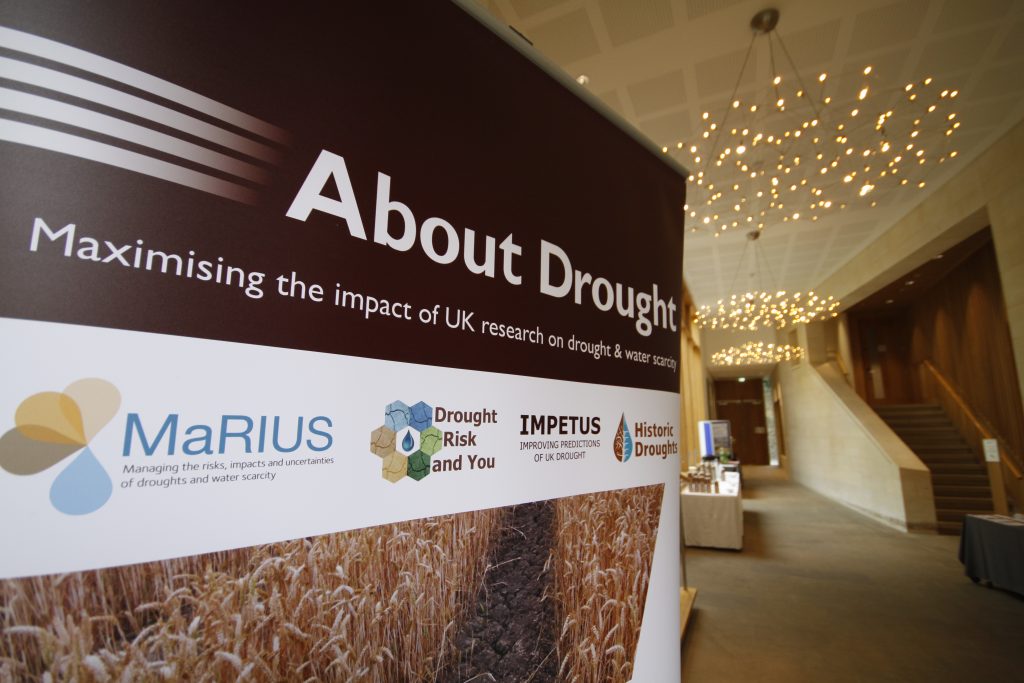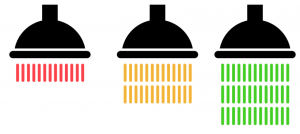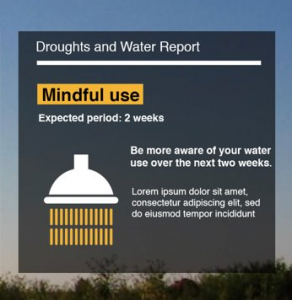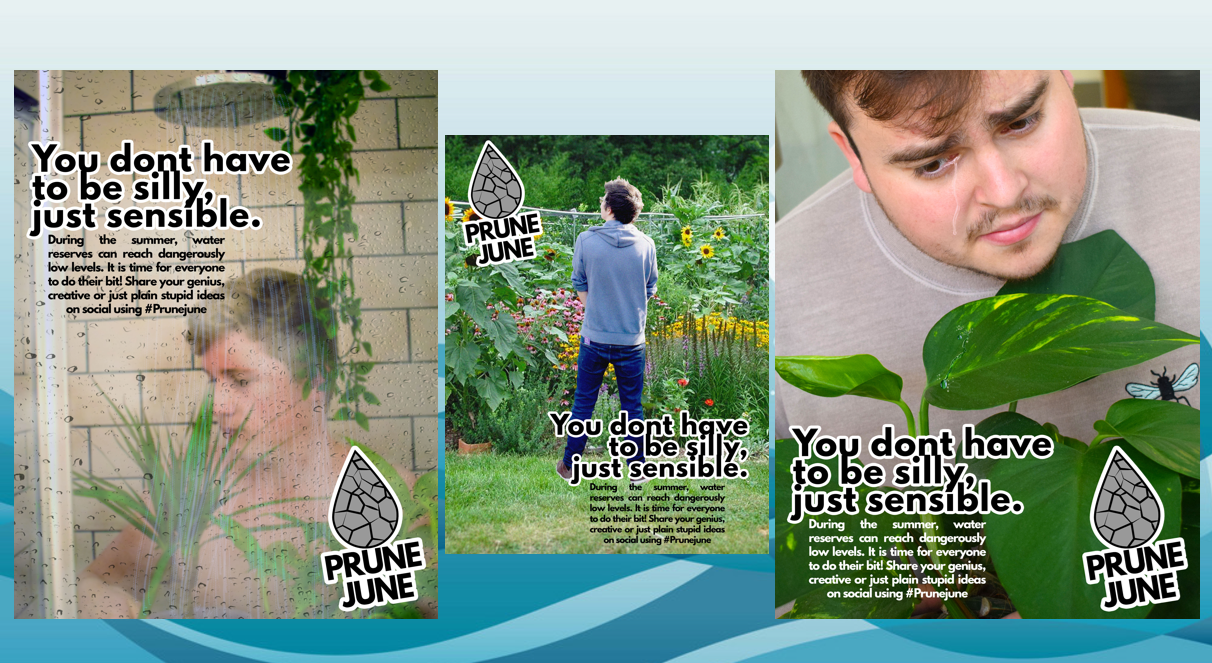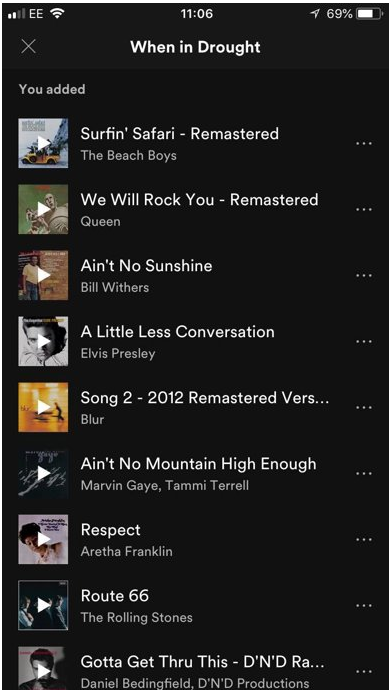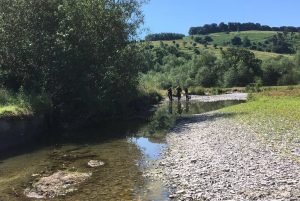Report
back from the final event held at The Royal Society
The UK’s £12m Drought & Water Scarcity Programme, About
Drought, has been praised as ‘an exemplar’ of interdisciplinary research by the
head of UK Research & Innovation and ‘revolutionary in the way it has been
delivered’ by a key stakeholder.
Sir Mark Walport, Chief Executive of UKRI, told a final
meeting of policy-makers, water companies, regulators and researchers: “This is
what a UKRI programme should be like: it’s an exemplar, a response to our
changing world, absolutely interdisciplinary and providing a holistic view.
Influence of About
Drought research
“The outcomes are good research that has influenced
policy-making, for example the Environmental Framework, the Environment Agency
and water companies.”
Drawing together the threats from increasing pressure on
water supplies, demands for water, our changing climate and the increasing
frequency of weather hazards including floods, Sir Mark said: “Drought is a
significant challenge for the UK, equally challenging and as important as
flooding. We are very good at managing the last emergency but tend to forget
the next emergency. We need to reduce our exposure to flood and to drought.”
The event – the About Drought Download – drew together more
than five years of NERC-funded research from a wide collaboration at The Royal
Society in London on November 7, in an innovative and interactive format. It
ranged from science to cinema, forecasting games to a ‘data bar’, the launch of
a primary school book and a drought walk in St James’ Park, plus ‘fringe’
events such as the performance of a song written from community workshops, a
photo booth and a ‘silent disco’ of podcasts.
Sir Mark highlighted the social science interventions and
stakeholder engagement which stretched through the initial programme of four
projects (Drought Risk & You, MaRIUS, IMPETUS and Historic Droughts) followed by a
knowledge-sharing project, ENDOWS (known as About
Drought) saying: “All this needs hydrologists, ecologists but social
scientists as well.
Successful public
engagement
“The public engagement is particularly impressive because
one of the big challenges is how to communicate the risk to people who are
thinking only about the last emergency.
“We all need to be better at communicating outcomes and
impacts because if we are persuading Government to provide the money to support
first-class research and innovation, we need to be much better at telling them
what we do with that money – and this programme does that very well.”
Organisations and regulators that are already using the wide
range of datasets and tools to better inform decisions, strategic planning and
real-time decisions around water supply and drought presented alongside the
programme’s key researchers.
Rob Lawson, chair of the Chartered
Institution of Water and Environmental Management (CIWEM) Water Resources
panel and Director of Artesia
Consulting, described the programme’s outputs as ‘the next paradigm shift’
in the UK’s understanding of drought, water resources and climate change.
He drew a dramatic analogy, saying: “If climate change is
the shark then water scarcity and drought are the teeth. And this programme is one
way to punch that shark in the teeth!
Changing drought
strategies
“It has changed how we plan for drought, providing a
ground-breaking cornucopia of drought information and access to data research
tools, new techniques and new ways to plan for and to manage drought.”
Rob, who has taken part in a series of stakeholder workshops
throughout the projects, also praised the wide engagement, saying: “The way
this programme has been delivered over the last five years has been
revolutionary, creative and imaginative, [this event has been] better than a
conference of academic papers and what can sometimes be death by PowerPoint.”
He joined Sir Mark, policy-makers, regulators, water company
executives and communities that have taken part in calling for continued
engagement with the UK’s leading drought and water scarcity researchers and
experts, saying: “We need to build on this work, this is not the end, just the
beginning. We need to continue to work with researchers and the other sectors
that will benefit.”
Meyrick Gough, Technical Planning Director of Water Resources South East (WRSE), thanked
all the About Drought researchers for the difference their work has made to the
UK’s resilience to drought, saying: “You have given us really good tools that
really help us to understand the magnitude and impacts of droughts, that have
been adapted by the industry and are being used. We need evidence,
understanding and insights from research such as this [to support] the choices
and interventions we make.”
Continuing the
research & stakeholder community
Jamie Hannaford, Principal Investigator of About Drought and
Principal Hydrologist at the Centre for Ecology & Hydrology (CEH) described
the whole programme as ‘one hell of a journey’.
He said: “What we have seen over the last couple of years
underscores our continuing vulnerability to drought; an increasing gap between
supply and demand going into the future; issues around abstraction, protecting
the environment, social and cultural issues.
“We are currently seeing the effects of a very long dry
period that we can trace back to 2016 with a couple of very dry winters. That
dry spell hasn’t gone away, despite flood events.
“There are no international parallels to this research
programme, the UK is the envy of many parts of the world in having this
investment in drought research that is truly interdisciplinary.
“We will continue this community, we will look for
opportunities to build even further on this work, this incredible momentum and
engaged community. We have answered lots of questions but more have emerged
along the way.”
Read more from stakeholders, users and experts in
the About Drought Handbook. It contains all the datasets and data tool outputs from the 5-year
programme aimed at supporting decision-makers at every level, sector
organisations, consultants as well as researchers, links to published papers,
and resources such as Report Cards. Read it online or download it here.

